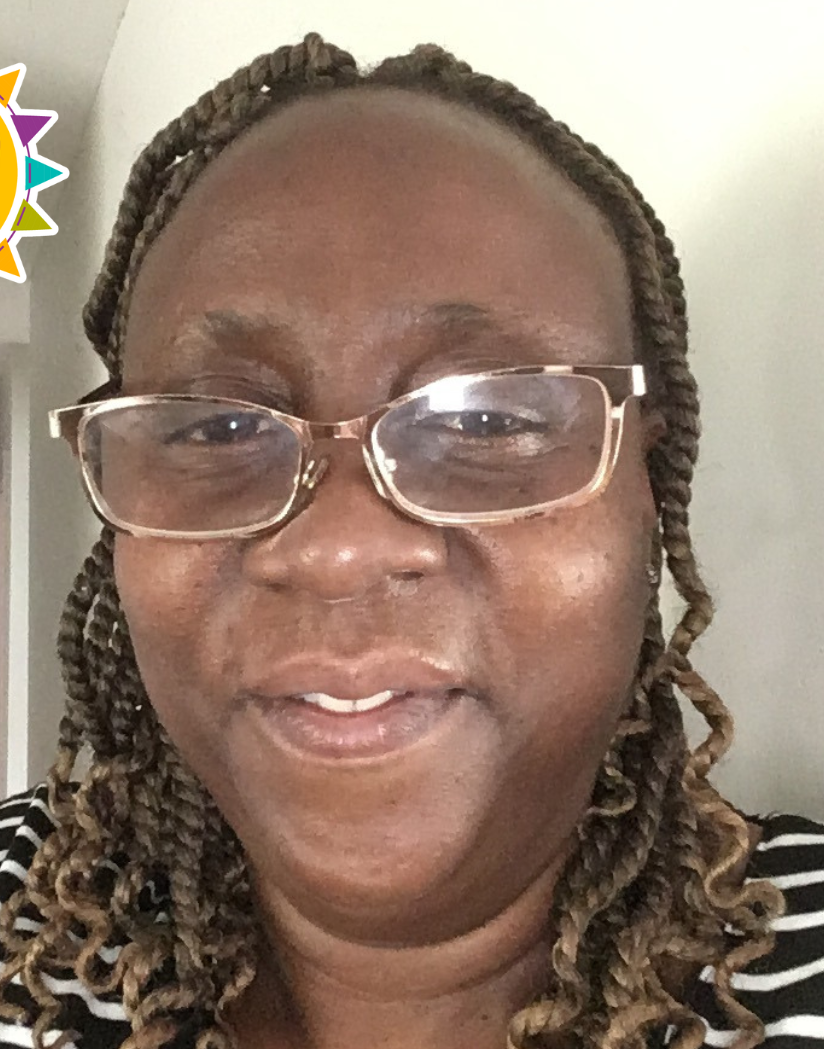Caroline finds joy in helping people through life’s difficult moments

Caroline K. didn’t have any experience as a caregiver when she first applied for a job at Help at Home in Columbus, Ohio. But she immediately excelled at it.
“I’m a very caring person by nature and I’ve also been very sick myself in life,” she said. “I knew the things I would want people to do for me and now I can do those things for someone else.”
Caroline said the key to success as a caregiver is respecting the client.
“I look at it this way,” she said. “When you are a caregiver, you are deep into someone’s life. You are seeing them in moments of weakness. You have to be very kind, very respectful. You have to be empathetic.”

Caroline learned from personal experience what caregiving means
Professional caregiving does not require medical training, but caregivers provide a vital role in a cilent’s overall health. In-home caregivers may help with household chores, errands and personal care – the small but vital tasks that allow someone to keep living at home. Caregivers often have valuable experience helping an aging parent, a sick relative, or even being a patient themselves.
Caroline understands the needs of the client because she has had health challenges. Years ago, Caroline was very weak after a kidney-related surgery. She was grateful that people helped her, but she also sometimes felt subtly disrespected. Some caregivers seemed to think that because she was physically weak, she was mentally weak. They thought it must not matter to her if she liked how her food was cooked or if her ideas were heard.
Now Caroline draws on that personal experience to be a better caregiver for her clients. At Help at Home, she said the client is always respected.
“I respect the client. I respect their space,” she said. “I’m in their home. I need to handle things how they want them to be handled.”
She asks “Would you prefer tea or coffee? Cold water or warm? Are you comfortable or would you like to be turned more in the bed?” Sometimes, she said, it’s good to ask “what hurts today?” You might learn that the thing that is bothering them most is something with a simple solution.
She has one client who always prefers to drink water from a glass that has been stored in the fridge so that the glass is cold to the touch. Some clients want milk in their scrambled eggs – others want a little cheese. And they might change their mind from day to day. So she always asks!
Caroline’s passion for a caregiving career comes from enjoying finding solutions
Caroline said that she values being a bright spot in the day for clients that might feel like their life has gotten a lot smaller.
They may no longer be able to do some favorite activities. They may feel like their family treats them differently now that their health is worse. They may have lost a spouse. “They may be struggling with finances,” Caroline said. “They may feel like everything is failing.”
This might sound sad, but the joy is in being able to make them feel better.
“Are you going to be a part of the problem or part of the solution?” Caroline said. “I very much want to be part of the solution for them.”
Every day, she looks for ways to bring moments of comfort and joy – such as a meal cooked just the way they like.
“I find a lot of joy when you can do one thing that works,” she said. “Whatever makes them happy, that works for me.”
She said that she thinks of the client and her coworkers at Help at Home as one big team. When she makes a client smile, that’s good news. “My team has won today!” she said.
